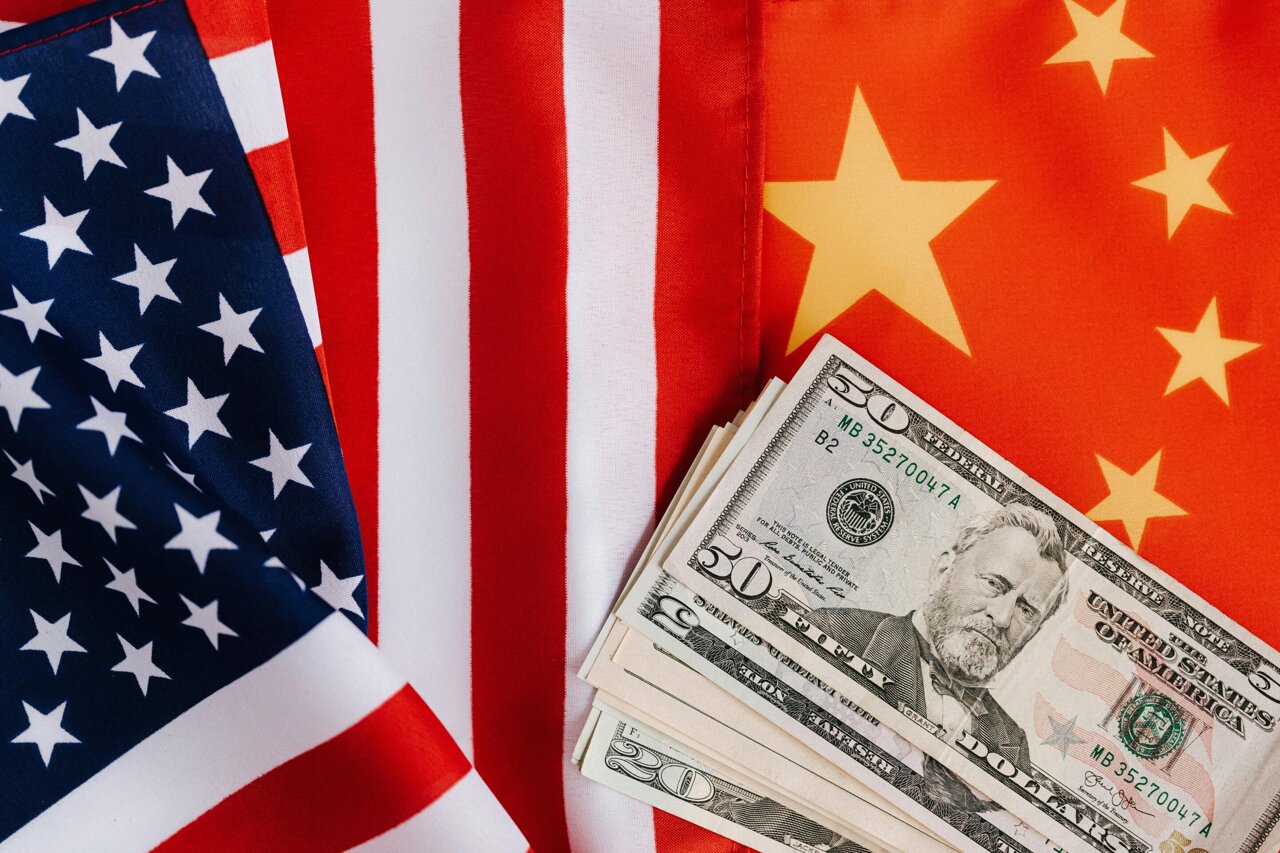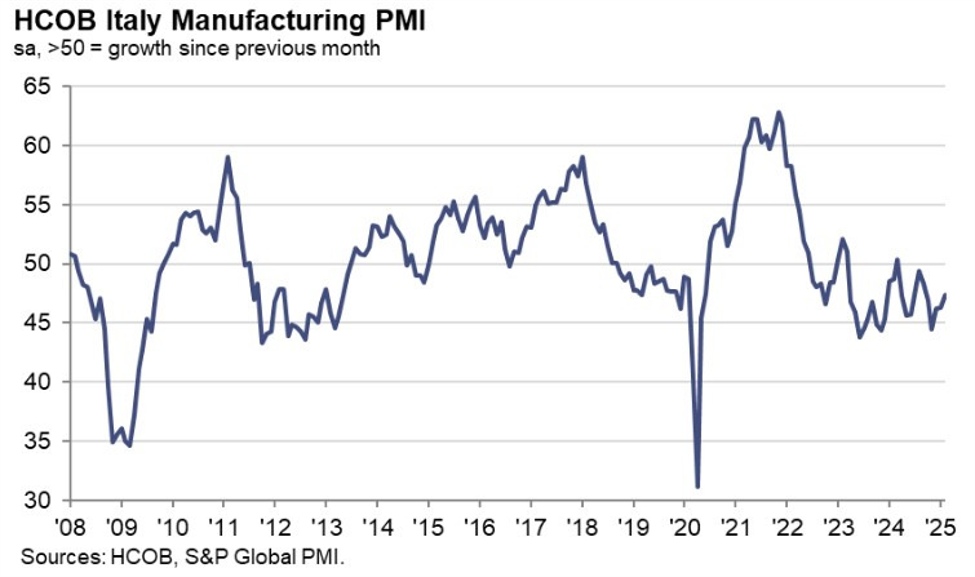India's Moment: Can It Capitalize on the US-China Trade Showdown?
Manufacturing
2025-04-15 04:00:12Content
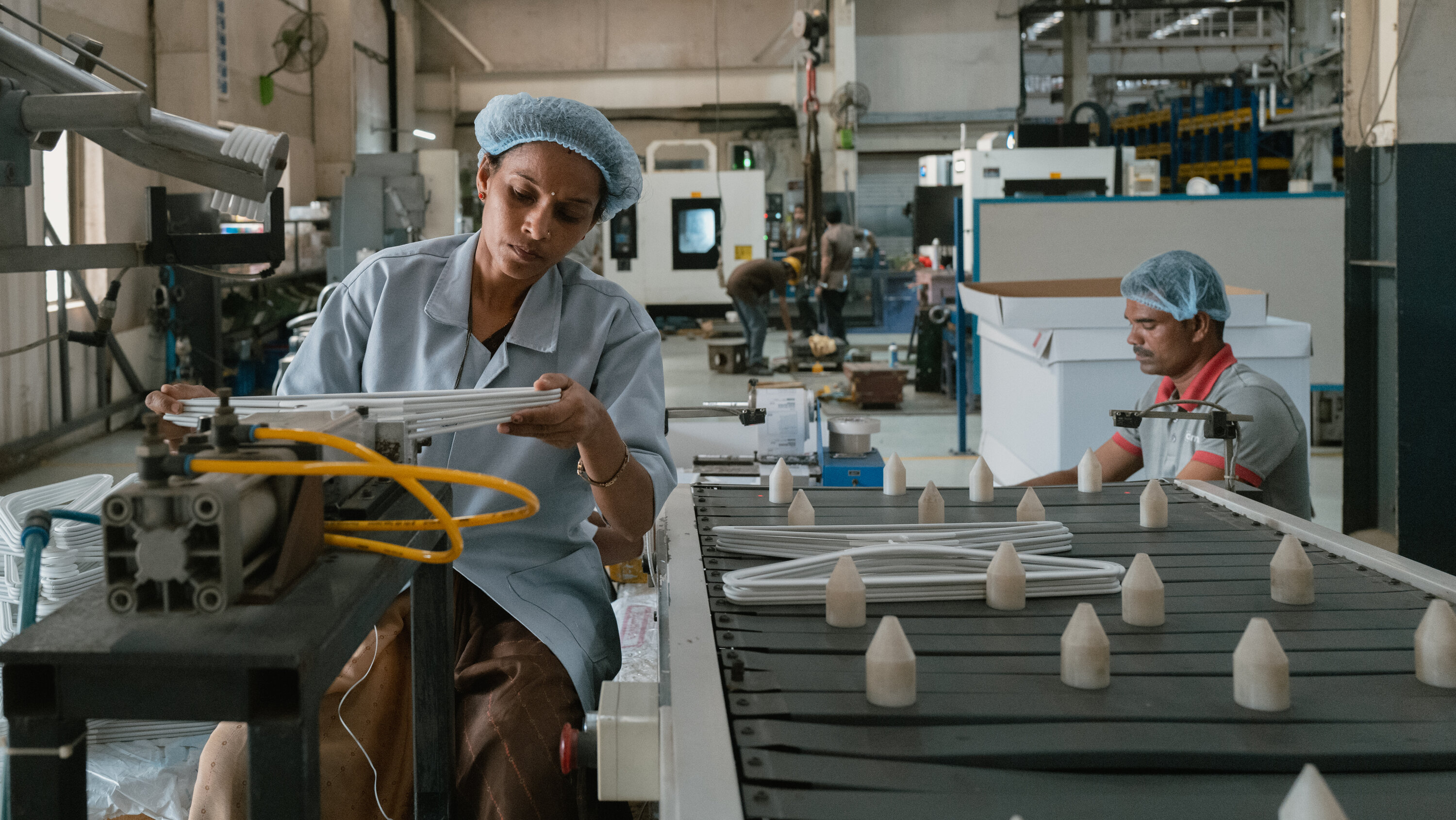
India's ambitious vision of emerging as a global manufacturing powerhouse is facing significant challenges that threaten to derail its industrial transformation. Despite the government's bold "Make in India" initiative, manufacturers are confronting a complex web of obstacles that are testing their resilience and strategic planning.
At the heart of these challenges lies a critical skills gap in the workforce. Companies are struggling to find workers with the technical expertise and specialized training needed to drive advanced manufacturing processes. This shortage of skilled labor is creating bottlenecks in production and hindering the country's ability to compete on the international stage.
Supply chain complexities further compound the problem. Manufacturers are grappling with difficulties in securing essential components, navigating intricate procurement networks, and maintaining consistent production quality. The bureaucratic red tape, characterized by complex regulations and administrative hurdles, adds another layer of complexity to their operational challenges.
While India possesses immense potential with its large, young workforce and growing technological capabilities, these systemic barriers are preventing the country from fully realizing its manufacturing ambitions. Overcoming these challenges will require a coordinated effort from government, educational institutions, and industry leaders to develop targeted skills training programs, streamline regulatory processes, and create a more supportive ecosystem for industrial growth.
The road to becoming a global manufacturing hub is fraught with obstacles, but India's determination and innovative spirit continue to fuel hope for a transformative industrial future.
India's Manufacturing Metamorphosis: Navigating Challenges on the Path to Global Industrial Dominance
In the rapidly evolving landscape of global manufacturing, India stands at a critical crossroads, poised to transform its industrial ecosystem and emerge as a formidable player in the international economic arena. The nation's ambitious vision of becoming a global manufacturing powerhouse is fraught with complex challenges that demand innovative solutions, strategic planning, and a holistic approach to industrial development.Transforming Dreams into Industrial Reality: India's Manufacturing Frontier
The Skilled Labor Conundrum: Bridging the Workforce Gap
The persistent challenge of workforce development represents a critical bottleneck in India's manufacturing aspirations. Despite having a massive youth population, the country struggles to align educational curricula with the dynamic requirements of modern industrial sectors. Technical and vocational training programs require radical reimagining, focusing on creating a workforce that is not just employable but adaptable to rapidly changing technological landscapes. Specialized skill development initiatives must transcend traditional educational models, incorporating advanced technologies like artificial intelligence, robotics, and precision engineering. Collaborative partnerships between industry, academic institutions, and government agencies can create comprehensive training ecosystems that nurture talent and foster innovation.Supply Chain Resilience: Navigating Component Procurement Challenges
The intricate web of global supply chains presents a formidable challenge for Indian manufacturers. Geopolitical tensions, pandemic-induced disruptions, and complex international trade dynamics have exposed vulnerabilities in traditional procurement strategies. Indian industries must develop robust, diversified supply chain mechanisms that prioritize both local manufacturing capabilities and strategic international partnerships. Investments in domestic manufacturing infrastructure, incentivizing local component production, and creating specialized industrial corridors can help mitigate risks associated with external dependencies. The government's Production Linked Incentive (PLI) schemes represent a promising step towards building a self-reliant manufacturing ecosystem.Bureaucratic Labyrinth: Streamlining Regulatory Frameworks
Navigating India's complex regulatory landscape remains a significant impediment to industrial growth. Excessive bureaucratic procedures, multilayered compliance requirements, and inconsistent policy implementations create substantial friction for manufacturers seeking to establish and expand their operations. Comprehensive administrative reforms are essential to create a business-friendly environment. This involves simplifying regulatory processes, implementing digital governance mechanisms, and developing transparent, investor-friendly policies that encourage both domestic and international investments in the manufacturing sector.Technological Innovation: The Competitive Edge
Technological advancement represents the cornerstone of India's manufacturing transformation. Embracing Industry 4.0 technologies, investing in research and development, and creating innovation-driven ecosystems can help Indian manufacturers leapfrog traditional industrial constraints. Emerging technologies like artificial intelligence, Internet of Things (IoT), and advanced robotics offer unprecedented opportunities for enhancing productivity, reducing operational costs, and creating high-value manufacturing capabilities. Strategic investments in digital infrastructure and technology-enabled manufacturing processes can position India as a global innovation hub.Sustainable Manufacturing: Balancing Growth and Environmental Responsibility
The future of manufacturing demands a holistic approach that integrates economic growth with environmental sustainability. Indian industries must develop green manufacturing strategies that minimize carbon footprints, optimize resource utilization, and align with global environmental standards. Investments in renewable energy, circular economy principles, and sustainable production technologies can help Indian manufacturers differentiate themselves in the global market while contributing to broader climate action goals.RELATED NEWS
Manufacturing

Global Factory Tensions: Local Communities Rise Against Foreign Industrial Expansion
2025-03-13 10:00:00
Manufacturing
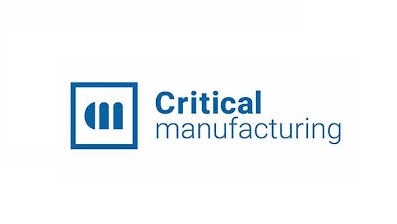
Digital Twin Revolution: Critical Manufacturing and Twinzo Unveil Cutting-Edge Visualization Tech
2025-04-29 09:08:30
Manufacturing
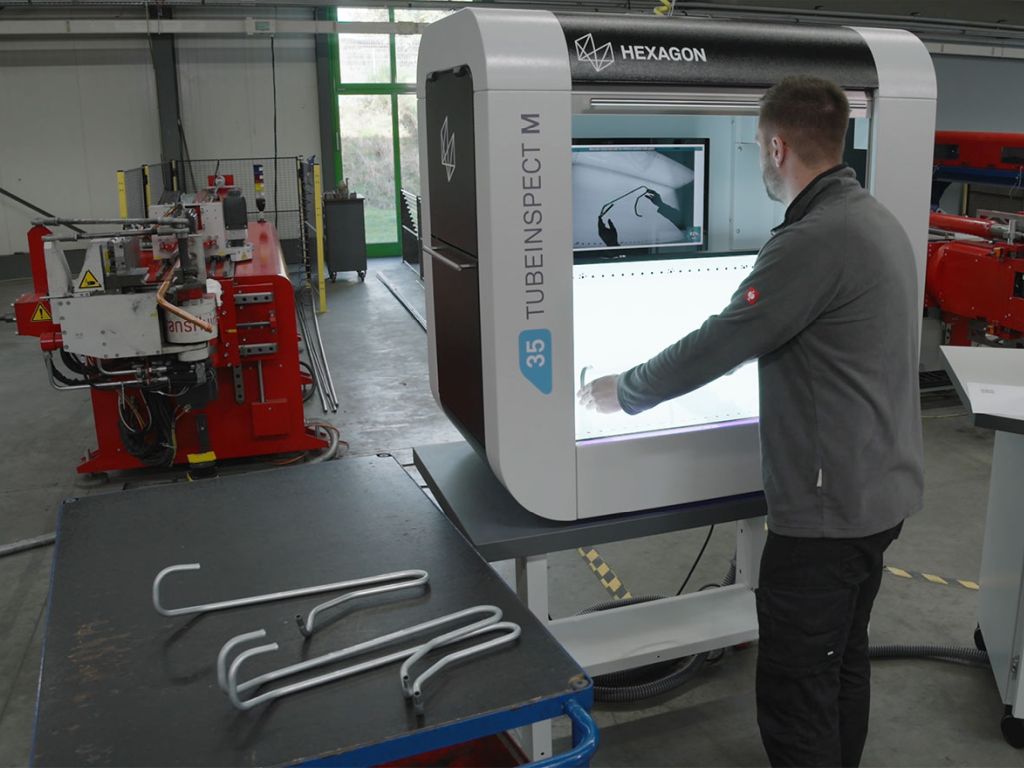
Precision Revolution: Hexagon's Cutting-Edge Optical Tech Transforms Tube Manufacturing
2025-03-17 23:17:09




